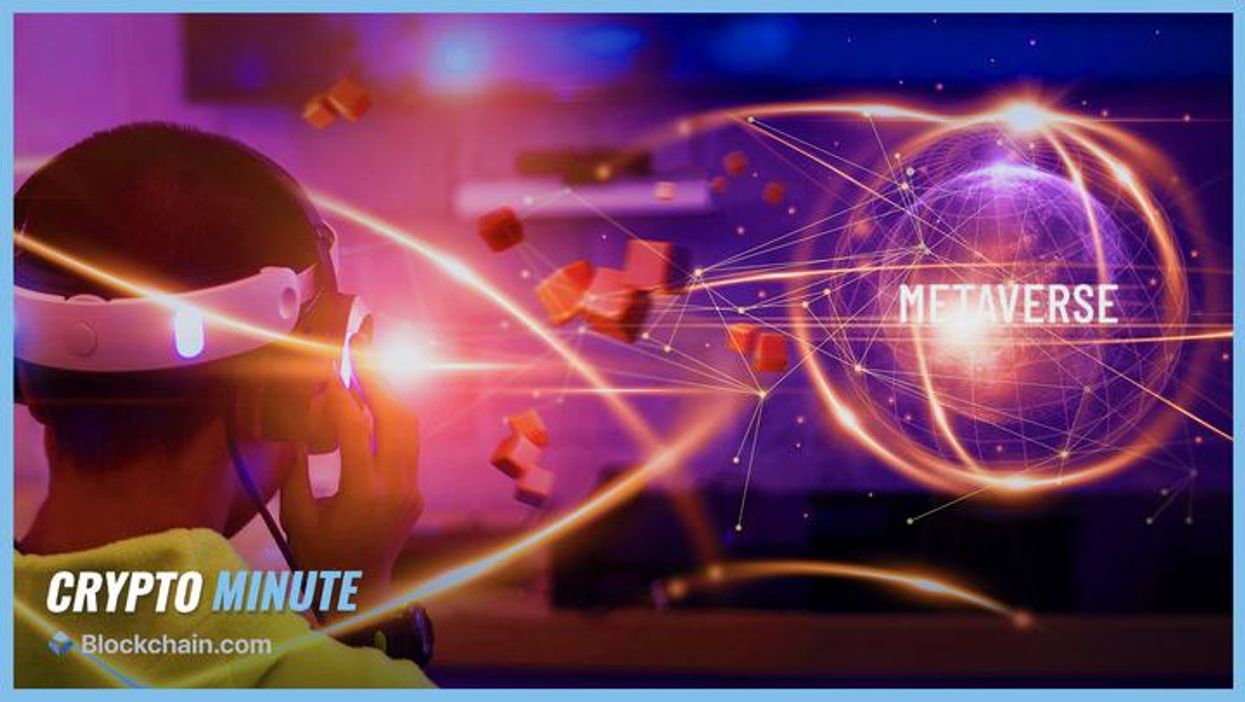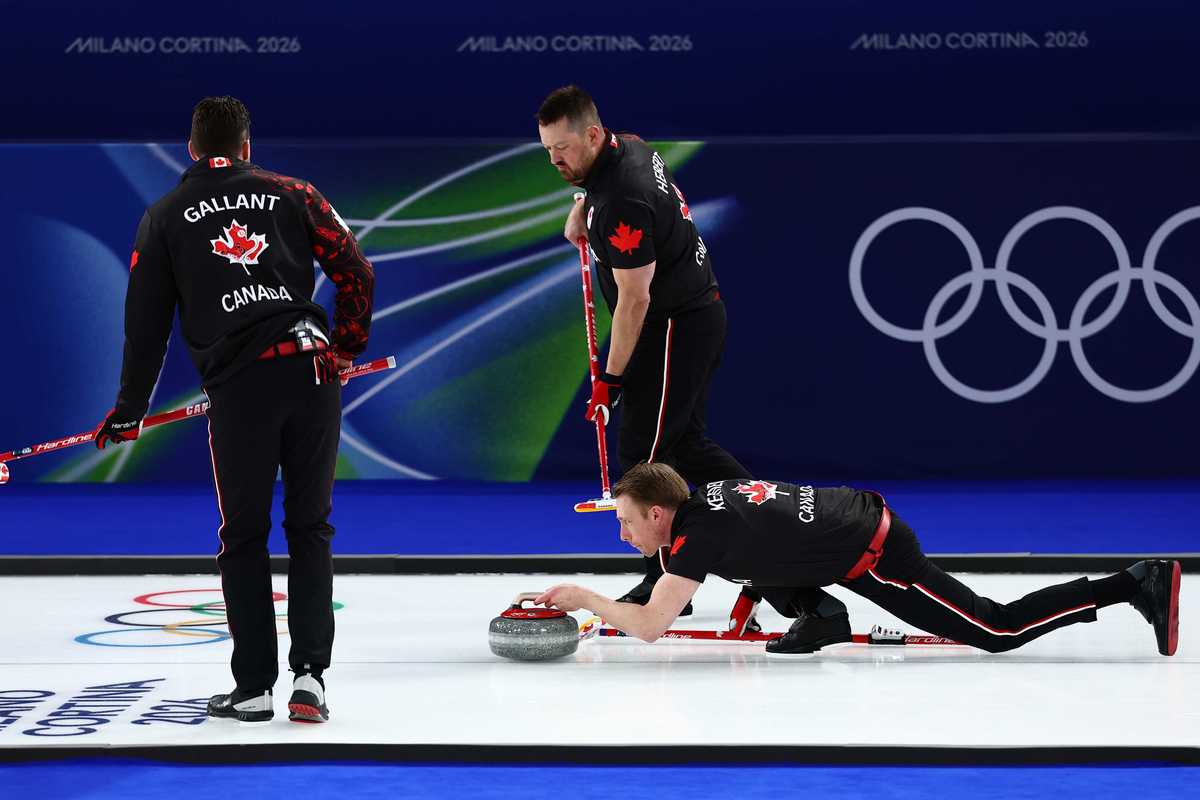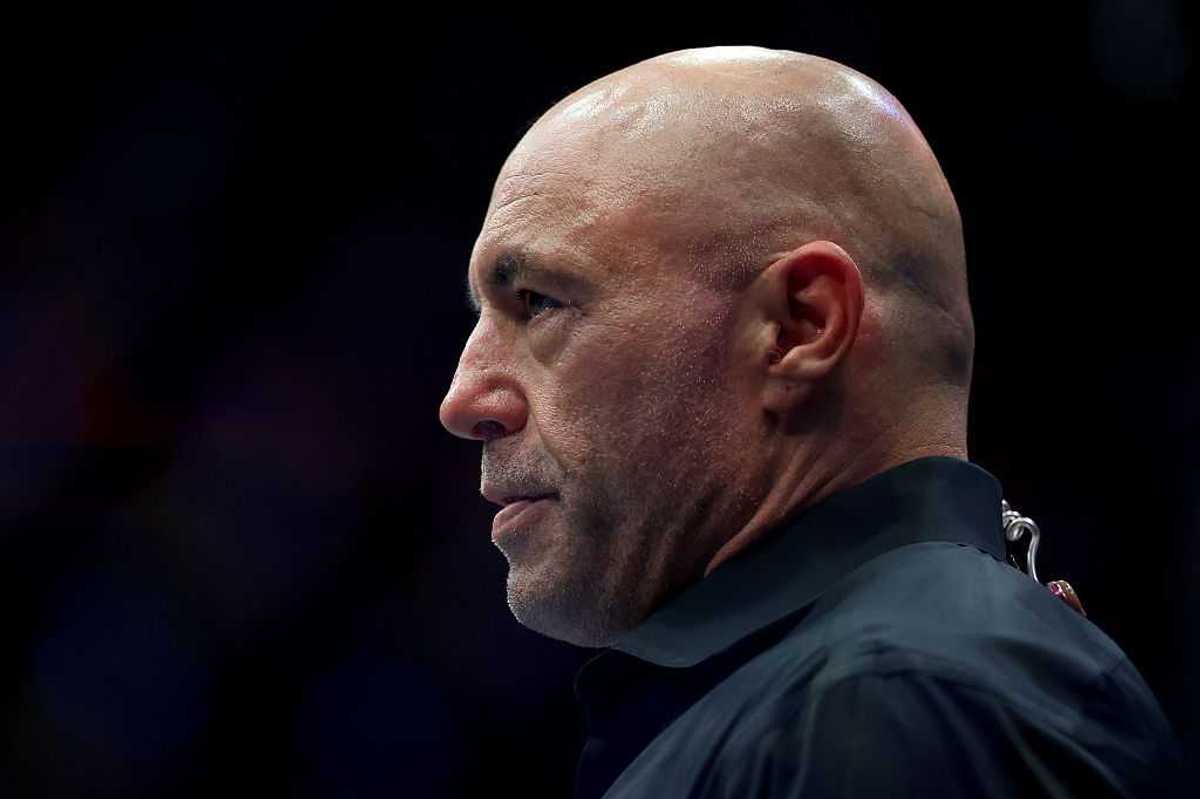Becca Monaghan
Jul 31, 2024
How Much Is the Metaverse Worth?
TheStreet
Fifty years ago, you would have been met with a bemused look if you told people it would soon be possible to find love through a screen. The same way Bill Gates was judged when he first introduced the concept of the internet to the world. People believed it was a fad.
Fast forward to 2024, and online dating has become so ubiquitous that it's done a 360 on older, more dated routes. It was the 21st century's radical breakthrough deep-rooted in traditional courtship.
While the concept was initially stigmatised – likely to be down to the fear of the unknown – dating apps and social media now hold the key to 80 per cent of the modern dating scene. It's almost become a rarity for someone to have met their beau organically, whether that be in a bar, at work, at church or through mutual friends.
When it comes to finding love, there's one expert on everybody's radar: Paul Brunson. Brunson is the world's most influential matchmaker best known for his role as a love doctor on Celebs Go Dating and Married at First Sight.
Even Oprah has acknowledged Brunson's cupid abilities, calling him "more than just a matchmaker."
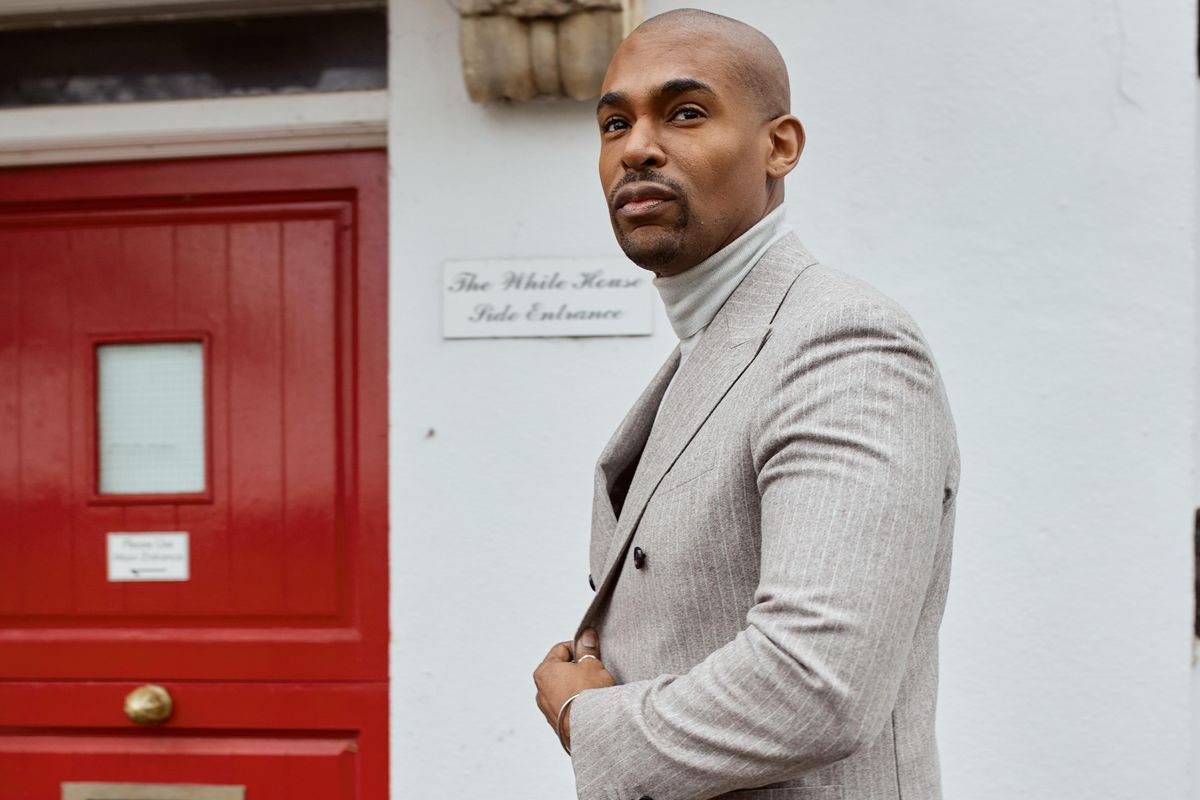
For any blossoming relationship, Brunson believes three components lay the groundwork for what he considers romantic love. "It's one part friendship, one part commitment and one part intimacy," which he notes doesn't necessarily mean sex but closeness. "The vulnerability drives the intimacy; the trust drives the commitment; the communication drives the friendship," he explained.
But could such romantic pillars be affected in a new age of dating – in worlds that don't physically exist?
Enter: metaverse dating.
What seems to be having a moment as the internet's favourite buzzword, the 'metaverse', is essentially a 3D version of the internet. It comprises a network of virtual worlds that offer multisensory experiences such as shopping, property investment, gaming and live concerts.
The metaverse is often misinterpreted as some sort of dystopian video game, but it's far more expansive than that – and it's now making a move into the dating sphere.
Planet Theta is the world's first virtual dating platform hosted in the metaverse, which they say is filled with "authenticity, real voices, real body language, and inflexion."
Daters will be given the opportunity to upload a photo that will be transformed into a virtual avatar. The avatar will drive interactions with fellow users in nightclubs, enchanted forests and even private condos where you can "snuggle up on the couch and watch your favourite streaming service."
All the while, physical you would be sitting in your pyjamas in the comfort of your own home.
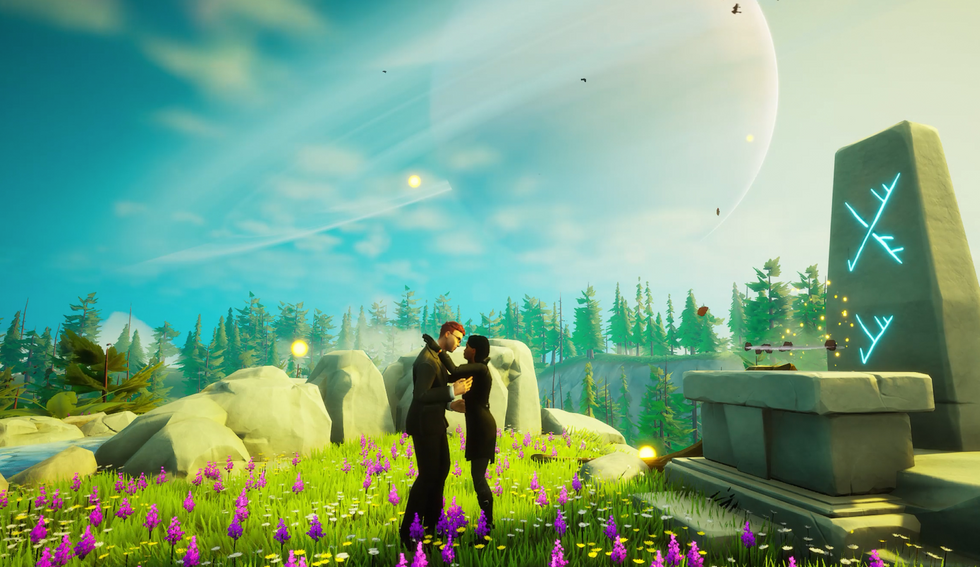
Users are sorted by gender and sexual preferences before entering the virtual realm to mingle with potential matches. Once they have sought that person (or people), they can request longer engagements.
Aaron Kizer, chief operating officer for FireFlare Games, said: "You can really get to know people on Planet Theta through a genuine and unique ability to connect. With a companion app on your phone, you can update your avatar, edit your profile, upload pictures, and have access to your matches' information."
This can be seen with the platform's "micro dating" option that opens the doors to meet multiple daters in a short space of time – similar to real-life speed dating. Additionally, if a person already has a partner in real life, they can swap codes and create a match. This revolutionises long-distance relationships and allows couples to enjoy each other's company in a virtual setting.
Kizer believes the platform is a step toward the future of dating – and matchmaker Brunson also acknowledges that "VR dating will go in the way of online dating in terms of the fast reception of the public."
Brunson said: "If you just looked 20 years ago, there was virtually no online dating, and people were meeting through other means. Whereas now, the majority of spousal connections are happening online.
"I think VR dating will do the same thing within the next 20 years; I can see the vast majority of dating being VR."
He also notes the positives in such a space, having spent the last few years researching the new VR dating phenomenon.
First and foremost, "there's an increase in risk-taking", he said. "I'm not talking about dangerous risks, but you may do things in a virtual environment that you might not do in a real-life."
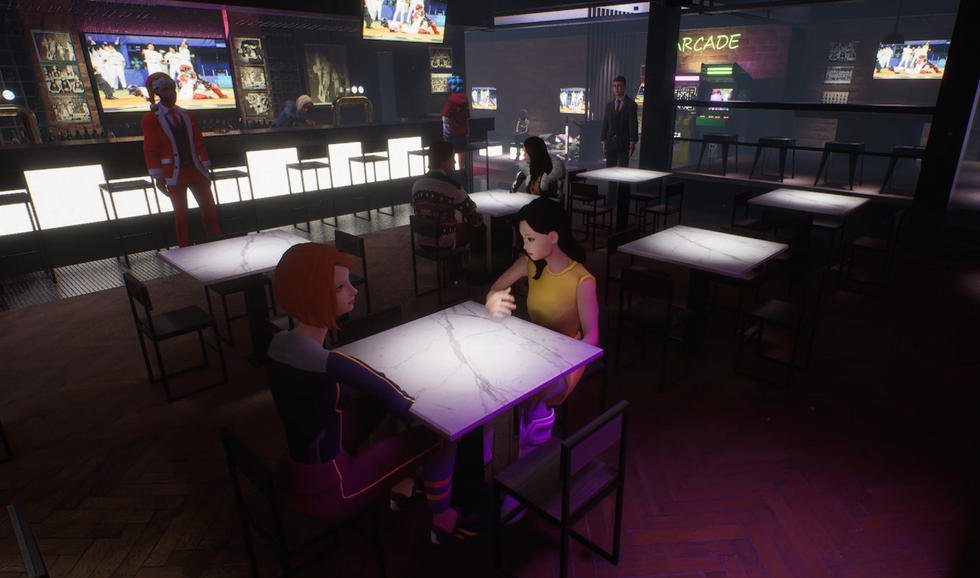
In taking risks, Brunson explained that it could have a positive impact from a chemical standpoint and in terms of personal growth and development. "When you take these risks, dopamine is shooting because you're bonding closer to someone. You also learn from taking risks – even if the outcome isn't what you wanted, you still learn," he said.
There can also be a heightened sense of confidence when dating in the metaverse, encouraging daters to venture beyond their comfort zone. "You could be asking questions you wouldn't ask before or experience things you haven't experienced in real life on virtual dates. All of those things are good."
In hindsight, Brunson believes people would be more open to going on more dates because they'd be "less fearful of being rejected in a virtual dating experience."
"If there's less fear, you'll probably ask for more dates. That's always a good thing because you'll learn to become a better dater – even if it is in this limited environment."
And, even if the first few don't go as well as anticipated, there's always the silver lining of making new connections.
"You may not make connections that end up being your spouse, but you could connect with people that end up becoming great friends or acquaintances," Brunson said.
"If you increase the number of connections you're making, you'll increase the likelihood of meeting the right one."
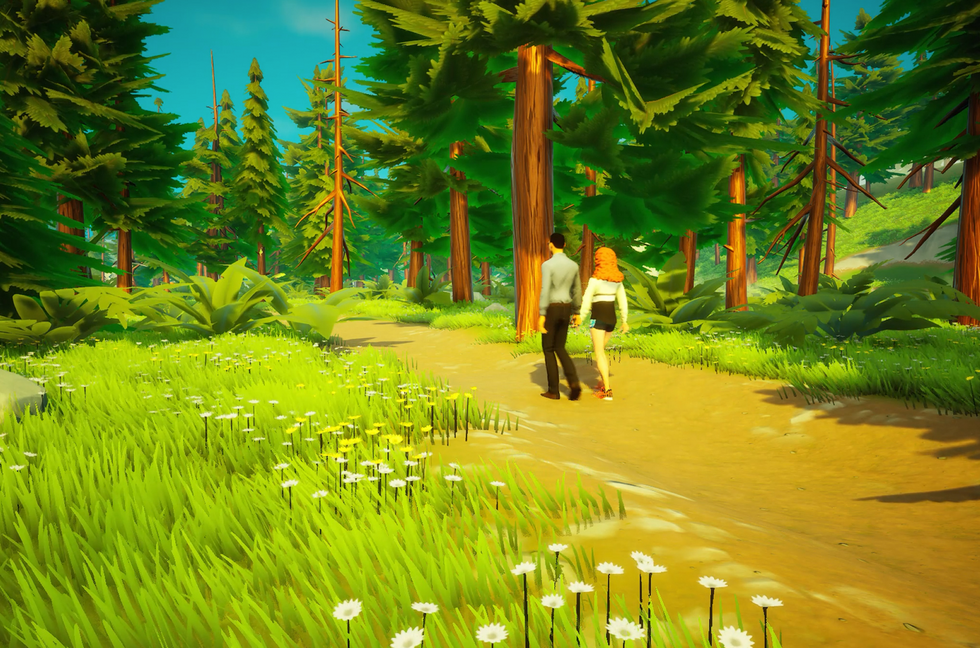
When it comes to any relationship, physicality is critical for most people. A notable exception is if a person identifies as asexual. While it's not the most important component, it certainly impacts our arousal levels.
This isn't just limited to sexual arousal but also how someone stimulates our brain. Someone who elicits emotions from us and draws us in with charm, drive and charisma.
Now, with virtual dating, this can be incredibly difficult to mirror.
"Physicality includes their body movement, how they walk, how they smell. Some research has shown that it's even more important, the connection of pheromones than purely how someone looks," Brunson explains. He adds that "90 plus per cent" of people will require a physical connection, which is where virtual dating could flop.
As it stands right now, there is a small population that VR dating would be phenomenal for. Those people are often considered sapiosexuals, "who are more 'turned on' or interested by words and wisdom first as opposed to physicality first."

However, this is just the beginning of VR dating – and judging by the rapid turnaround of tech, these platforms will eventually incorporate touch and feel.
"I've seen some hologram simulators that actually allow you to begin to touch someone, and it works off air pressure," Brunson highlighted.
Once such elements and advancements are in place, Brunson worries "it could blow by physicality."
"As a matter of fact, by that point, I will predict that a lot of us won't even need in-person relationships, but the physicality is such an important piece that right now, where VR stands, it'll just marginally allow us to get past it," he said.
Inevitably, there will be a long list of differences between VR dating and meeting people in real life. After all, they are two completely different levels of interaction.
But while there are many pros to mingling virtually, there are also a handful of red flags in lacking what the real world has to offer.
People become incredibly biased when it comes to love – they become non-rational thinkers. Generally, we turn to the trustworthy people around us to give the nod of approval. Behind the closed doors of virtual dating, there will be a notable amount of bias reduction.
This can become particularly tricky when trying to separate a particular segment of the population Brunson describes as the "dark triad." These people are considered the narcissists, the Machiavellians, the sociopaths in and around the dating space.
"It's hard enough to ascertain who these people are in real life – but it's very, very hard on a virtual dating site," Brunson said. "You think about not being able to get the observation from friends and family and people you trust. That will be harder to determine whether they're a right match."
There's also the issue of scenario reactions, too, as people simply won't face the same real-life circumstances.
He said: "For example, if you're on a real-life date and walking down a dark street, there could be a real fear of physical harm.
"The reaction to that real fear is something that you use to factor in your attraction level to that particular person you're with. It could happen in a virtual experience, but not to the same magnitude – therefore, you'd have a different result."
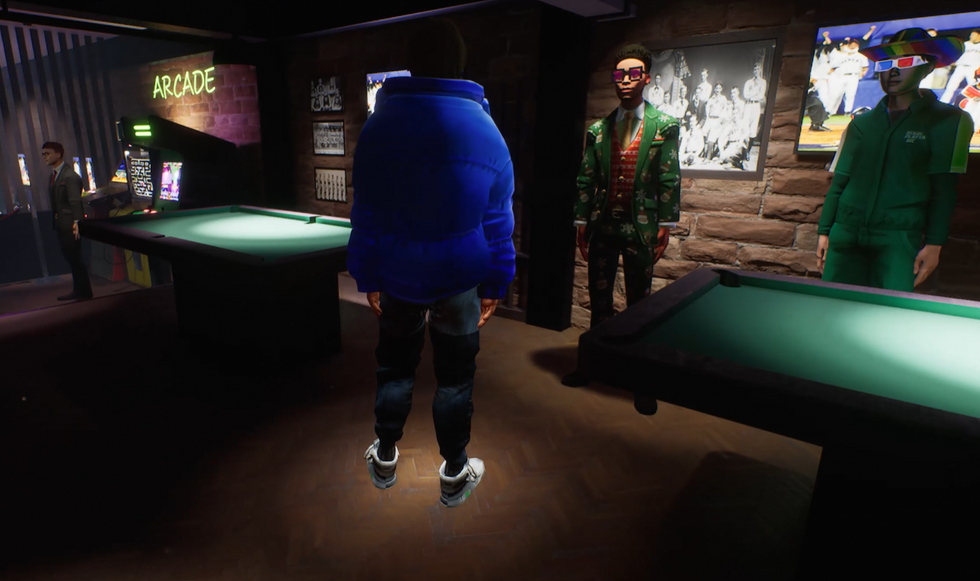
Despite there being no risk of physical assault in the metaverse, the Centre for Countering Digital Hate (CCD) found that metaverse users, including minors, are exposed to abuse every seven minutes. This includes bullying and sexual harassment, racism, threats of violence and even mocking of the 9/11 terror attack.
Kizer reassured that Planet Theta was taking serious actions to avoid cases of assault on the platform. "We take this very seriously and are working on multiple ways to avoid cases of assault," he said.
"These include a safety bubble around your avatars that others are not able to enter. You will also be able to toggle this option for individuals,
"There is an ability to mute individuals so that you do not hear them or see their avatar. You can also submit a request for an individual to be banned. The phone app has the ability for you to verify your uploaded pictures as well."
Aurora Townsend, the Founder and Chief Marketing Officer for FireFlare Games, added: "I have worked hard to ensure that Planet Theta protects and empowers women. My first experiences in VR social apps were particularly telling.
"I went to one of the most popular VR worlds, and within moments of loading into the area, I was accosted by a number of teenage boys. Multiple avatars began asking, 'will you marry me?' while others called me derogatory and misogynistic names.
She concluded: "While I cannot promise that everyone on Planet Theta will be as friendly and courteous as I would like. I can promise that as women, you will be safe and in control of your dating life like never before."
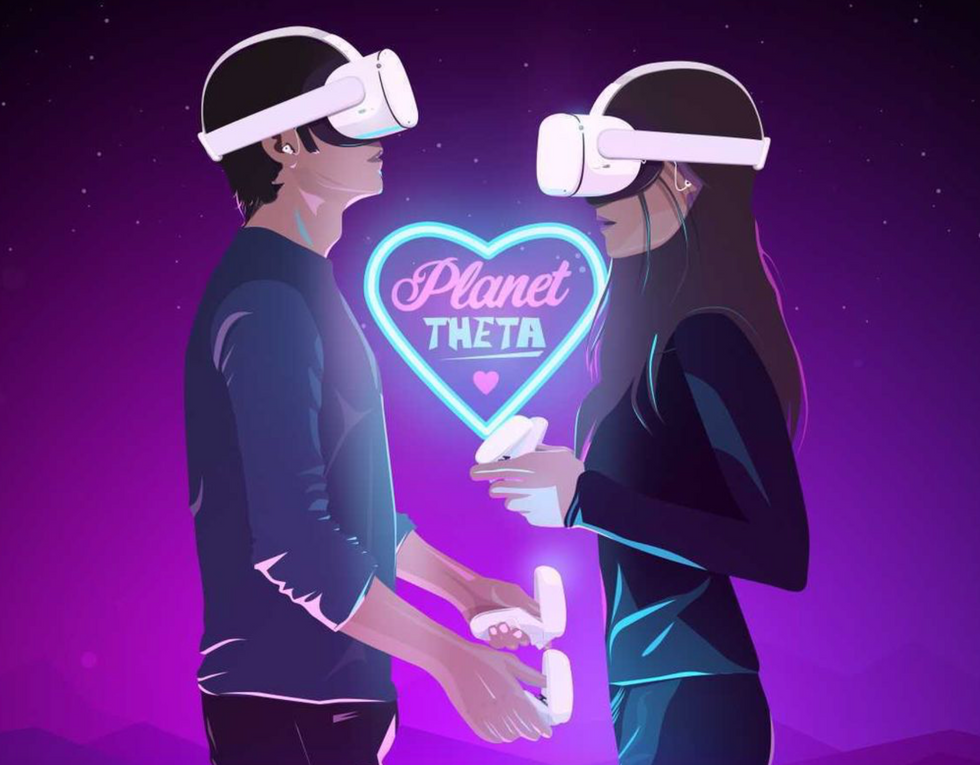
So whether you'll be giving VR dating a go, or sticking to what you know best, Brunson has a piece of advice to help active daters along the way – regardless of the setting.
"Be crystal clear in knowing what you want," he shared.
"It's a lot more complicated now – there are a lot more options: Some people date casually, some people date multiple people at the same time casually, some people date with no intention of ever being married but still want to have a committed relationship, some people date and don't want to have kids. There are hundreds of options out there."
He also emphasised the importance of knowing what you want ahead of dating.
"Once you know what you want, be clear in identifying if the person you're dating matches what you're seeking in a relationship. When you don't do that, that's technically what 'settling' is. Or not holding to your boundaries," said Brunson.
"When you don't hold to your boundaries, you can turn even well-intentioned people into bullies. You're never happy when you settle or when you lower your boundaries.
"You what to make sure you have the highest boundaries possible, and that's not putting artificial boundaries on. It's simply saying 'I know exactly what I want.' Or, if you don't know what you want, be clear about that too.
"Being clear about everything, in the beginning, I believe, is incredibly important."
Have your say in our news democracy. Click the upvote icon at the top of the page to help raise this article through the indy100 rankings.
Top 100
The Conversation (0)
